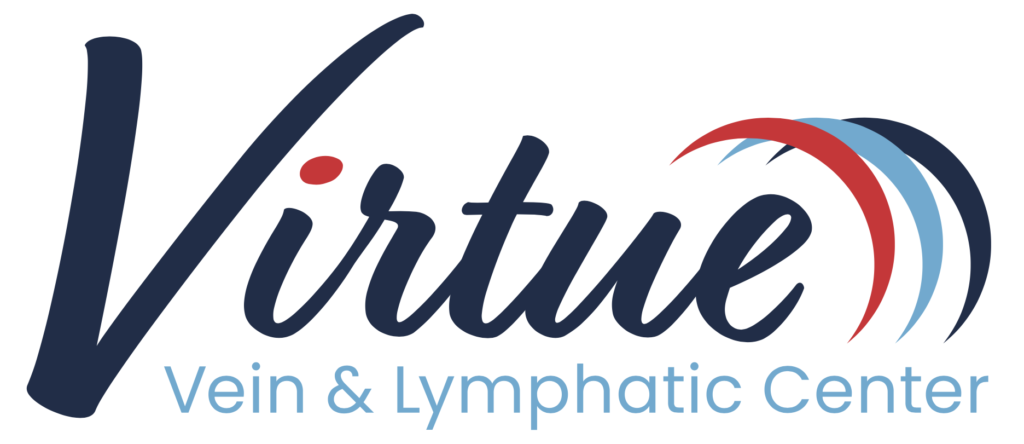Frequently Asked Questions
Life-Saving Treatments
Conditions
There are many causes, heredity, obesity, injury, hormone changes – and sometimes the cause is unknown. They’re most common in people over 30 and pregnant women.
Weight management and exercise helps. Avoid sitting for more than a half hour at a time and consider wearing 20-30 mmHg compression stockings.
No. However, superficial spider veins are likely the cause of an underlying deeper vein abnormality.
The valves in your veins became weak or damaged. It happens with age or other risk factors.
Normally with a physical exam and ultrasound. In some cases, further evaluation by CT scan, MRI and/or venography may be necessary.
There is no way to completely prevent varicose veins, but you can significantly reduce your risk:
- Exercise often and manage your weight
- Don’t sit or stand too long in the same position – change your position every 20-30 minutes
- Eat a high-fiber, low-salt diet
- Wear low-heeled shoes
DVT can happen to anyone at any age, but it’s most common in people over 60. You’re at more risk if you sit for long periods of time, are pregnant or on birth control pills/have hormone replacement therapy, overweight, smoke, or have other diseases such as cancer, IBS, or heart failure. If a family member has DVT, you’re also at increased risk.
Weight management and exercise helps prevent DVT. Avoid sitting for more than a half hour at a time and consider wearing 20-30 mmHg compression stockings.
You are most at risk if you’re female, between the ages of 24-40. If you’ve recently given birth, especially to twins or more, or are on oral contraceptives, you have an elevated risk. Other risks include dehydration, hypercoagulable disorders, and cumulative radiation exposure.
No, unfortunately, this condition is genetic.
If you are frequently disturbed by the feelings in your legs (or arms) especially when resting, and the only relief you find is with movement, it’s very possible you have RLS.
Unfortunately, no.
Any woman can develop Pelvic Congestion Syndrome, but you’re more at risk if you have:
- Two or more pregnancies
- A tipped or retroverted uterus
- Polycystic Ovary Syndrome
- Hormonal abnormalities
There are currently no preventative measures.
Anyone can develop renal artery disease, but risk factors are:
- age over 50
- high cholesterol
- obesity
- inactive
- tobacco use
- family history of heart disease
- diabetes
One of the best ways to prevent renal artery stenosis is to stop smoking. The chemicals in cigarettes damage blood cells and vessels and increase the risk of plaque buildup in the arteries.
Anyone can develop leg ulcers, but they’re more common in women. Some risk factors are:
- poor circulation
- diabetes
- high blood pressure
- heart or kidney disease
- tobacco use
- high cholesterol
- infections
The best way to prevent leg ulcers is to improve your circulation, which means working to manage high blood pressure and diabetes. Eat fresh foods, not processed, and reduce sodium intake. Quitting smoking can also reduce your risk.
Care & Treatment
Varicose veins are typically not harmful, however in some cases they can result in open wounds that have poor healing, skin discoloration, leg pain, fatigue, and even blood clots.
Yes.
There are non-invasive ways to manage the symptoms of varicose veins, however they do not correct themselves.
You will begin the visit by speaking with Dr. Krikorian. He will perform a physical exam of your arms and/or legs and determine if any testing is needed to further diagnose any symptoms you have. If the condition is in your legs, please wear shorts or expect to change into a pair of provided medical shorts in the office. If needed, we may do ultrasounds the same day in our office. Dr. Krikorian will review the results with you and recommend a treatment plan.
Bruising and discoloration can happen up to 48 hours after the procedure and will take about 4-6 weeks to resolve completely in most cases. However, for some people, discoloration could last months.
Yes, some of the procedures involve blood thinners for a short period of time to prevent blood clots from forming while the vein heals.
You will leave the area wrapped for two nights and refrain from any heavy lifting for 7 days. Otherwise, there are no special instructions and walking is even recommended.
Insurance
We will pre-certify any procedure or test prior to your appointment time to ensure it is a covered benefit through your plan. See our Insurance & Financing page for more information.
The easiest way to ensure we are an in-network provider for your insurance plan is to give them a call at the phone number listed on the back of your card. You can also see a list of what insurance we take.

